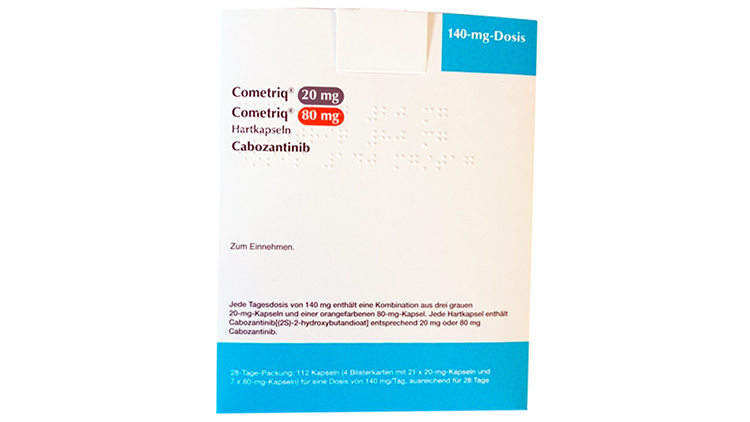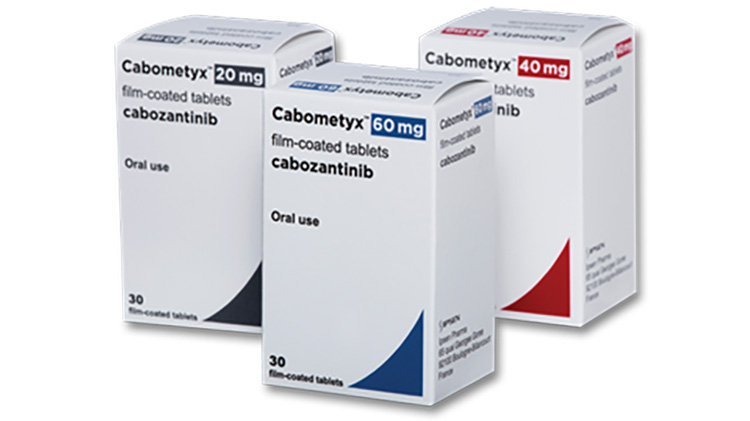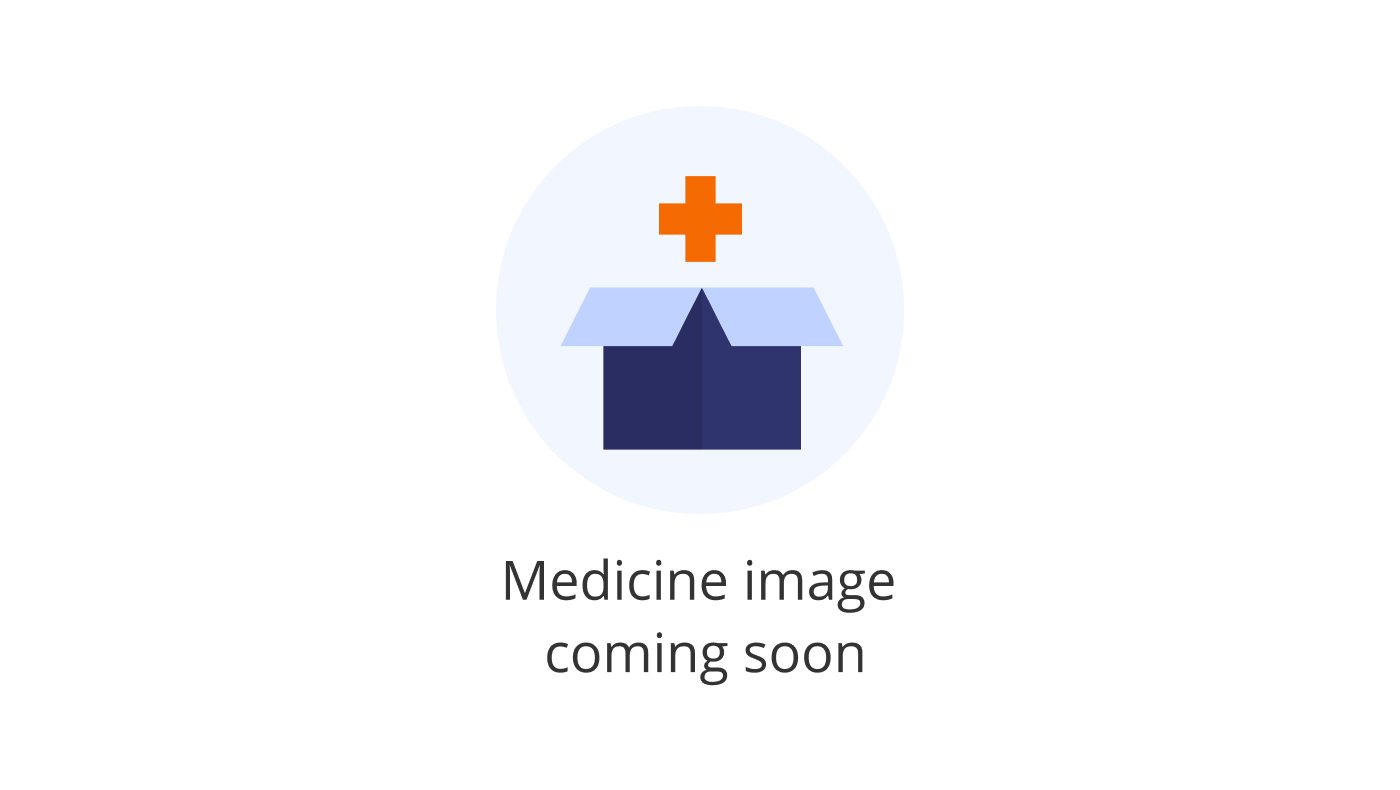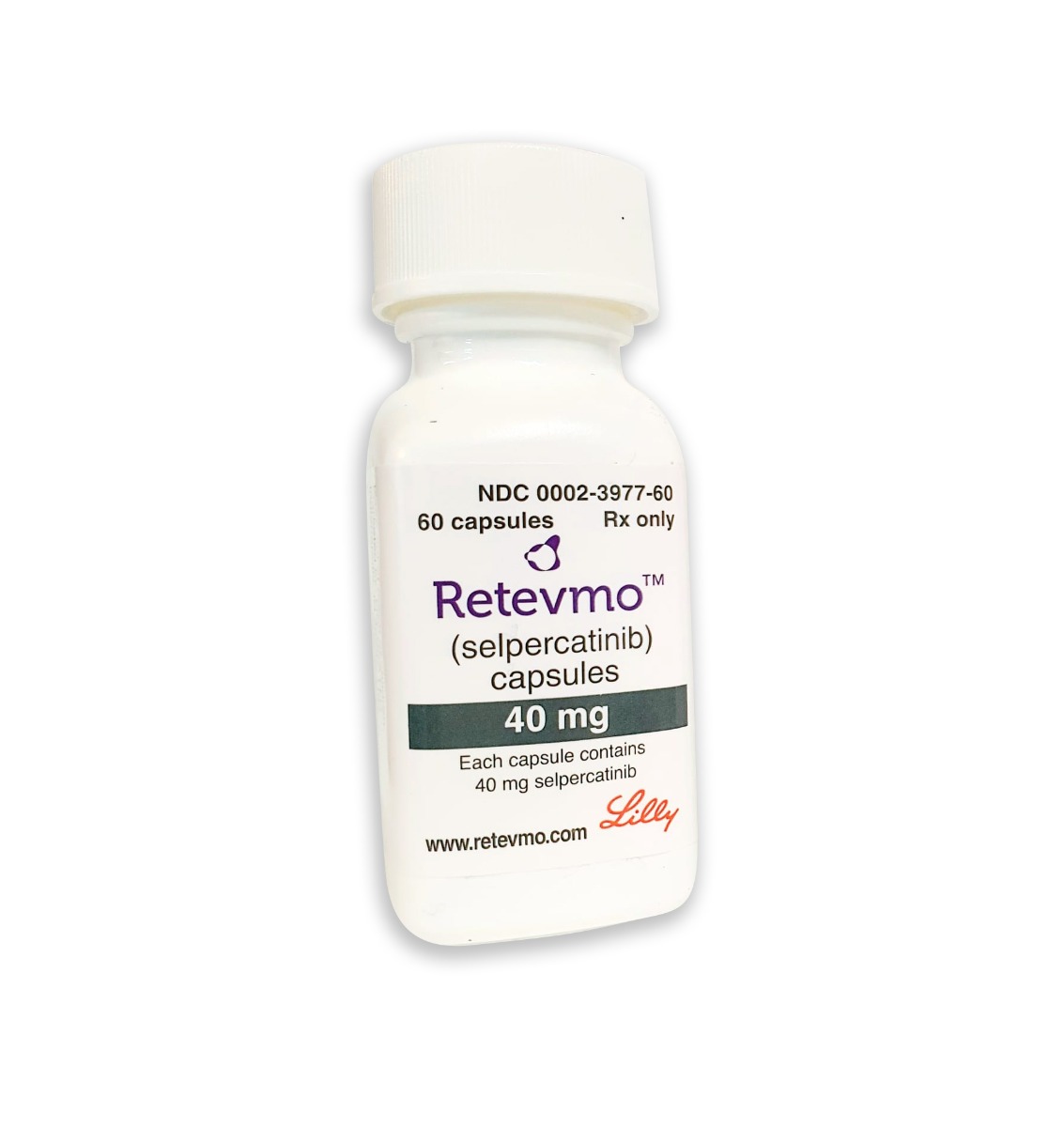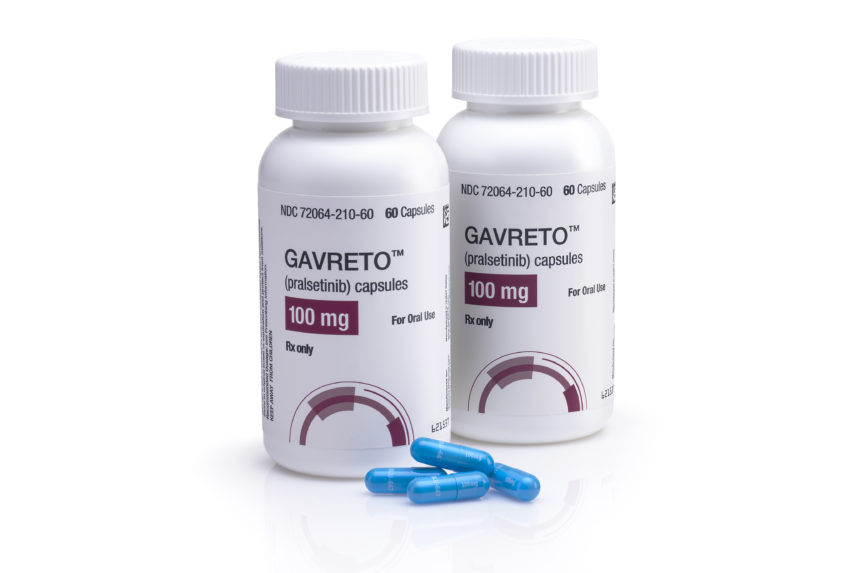New Thyroid Cancer treatments 2024
New Thyroid Cancer Treatments 2024
Thyroid cancer is a type of cancer that begins in the thyroid gland, which is located at the base of the neck and produces hormones that regulate heart rate, blood pressure, body temperature, and weight. There are several types of thyroid cancer, including papillary, follicular, medullary, and anaplastic, with papillary being the most common. Symptoms may not always be present, but can include a lump in the neck, voice changes, difficulty swallowing, and neck pain. Risk factors for thyroid cancer include exposure to high levels of radiation, a family history of thyroid cancer, and certain genetic conditions. Early detection is crucial, as thyroid cancer is typically treatable when diagnosed at an early stage.
When considering treatment options for thyroid cancer, the most common approaches include surgery, radioactive iodine therapy, thyroid hormone therapy, external radiation therapy, chemotherapy, and targeted therapy. Surgery is often the first-line treatment and may involve removing part or all of the thyroid gland. Radioactive iodine therapy is used to destroy any remaining cancer cells after surgery, especially in cases of papillary or follicular thyroid cancer. Thyroid hormone therapy is administered to replace the hormones the thyroid would normally produce and to suppress the growth of any remaining cancer cells. It is important for individuals to discuss with their healthcare provider the specifics of their condition, as treatment plans should be tailored to the individual's type of thyroid cancer, stage, and overall health.

Treatment options
| Treatment option | Estimated cost | Efficacy | Eligibility |
|---|---|---|---|
| Surgery (e.g., Thyroidectomy) | Varies widely depending on healthcare system | Highly effective for localized cancer | Most patients with localized thyroid cancer |
| Radioactive Iodine Therapy | $100 - $300 per month | Highly effective for certain types of thyroid cancer | Patients with iodine-avid differentiated thyroid cancer |
| Thyroid Hormone Therapy | $20 - $50 per month | Used to manage thyroid hormone levels post-surgery | Most patients post-thyroidectomy |
| External Beam Radiation Therapy | $1,000 - $10,000 total | Varies; adjunct to other treatments | Patients with locally advanced or recurrent thyroid cancer |
| Chemotherapy | $1,000 - $12,000 per month | Varies; generally less effective for thyroid cancer | Usually reserved for anaplastic thyroid cancer or metastatic medullary thyroid cancer |
| Cometriq (cabozantinib) | $16,000 - $18,000 per month | Effective for progressive, metastatic medullary thyroid cancer | Patients with progressive, metastatic medullary thyroid cancer |
| Cabometyx (cabozantinib) | $16,000 - $18,000 per month | Effective for progressive, metastatic medullary thyroid cancer | Patients with progressive, metastatic medullary thyroid cancer |
| Lenvima (lenvatinib) | $17,000 - $19,000 per month | Effective for differentiated thyroid cancer that is refractory to radioactive iodine treatment | Patients with differentiated thyroid cancer refractory to radioactive iodine treatment |
| Retsevmo (selpercatinib) | $20,000 - $22,000 per month | Effective for RET-mutant medullary thyroid cancer and RET fusion-positive thyroid cancer | Patients with RET-mutant medullary thyroid cancer or RET fusion-positive thyroid cancer |
| Gavreto (pralsetinib) | $17,000 - $19,000 per month | Effective for RET fusion-positive thyroid cancers | Patients with RET fusion-positive thyroid cancers |
| Experimental Treatments | Cost varies; often covered by research funding | Varies; efficacy is under investigation | Patients who meet criteria for clinical trials |
Treatments options in detail
Surgical Treatments
Surgical procedures are often the first-line treatment for thyroid cancer. The type of surgery depends on the size of the tumor, its location, and whether the cancer has spread. The most common surgical treatments include:
- Total Thyroidectomy: This involves the removal of the entire thyroid gland and is typically recommended when cancer is present in more than one part of the thyroid or when there is a risk of cancer recurrence.
- Lobectomy: If the cancer is small and confined to one lobe of the thyroid, a lobectomy, which is the removal of half of the thyroid, may be performed.
- Neck Dissection: When thyroid cancer has spread to lymph nodes in the neck, a neck dissection to remove these lymph nodes may be necessary.
Radioactive Iodine Therapy
Following surgery, radioactive iodine therapy (RAI) is commonly used to destroy any remaining thyroid tissue or metastatic thyroid cancer cells. This treatment takes advantage of the thyroid cells' natural ability to absorb iodine, thereby delivering radiation directly to the cancerous cells. Patients typically receive RAI in pill form.
Thyroid Hormone Therapy
After thyroidectomy, patients will require life-long thyroid hormone replacement therapy to maintain normal metabolism. Additionally, thyroid hormone therapy is used to suppress the production of thyroid-stimulating hormone (TSH) from the pituitary gland, which can otherwise promote the growth of any remaining cancer cells.
External Beam Radiation Therapy
External beam radiation therapy may be used for thyroid cancer patients who cannot undergo surgery or for those with cancer that has spread to other parts of the body and cannot be treated with RAI. This treatment involves targeting the cancer with beams of radiation from an external machine.
Chemotherapy
Chemotherapy is not commonly used for thyroid cancer, but it may be an option for advanced cases that do not respond to other treatments. Chemotherapy drugs are systemic treatments that can kill rapidly dividing cells, including cancer cells.
Targeted Therapy
Targeted therapy drugs are designed to specifically target abnormalities within cancer cells. For thyroid cancer, several targeted therapies have been approved or are being studied.
- Cometriq (cabozantinib): Approved for the treatment of progressive, metastatic medullary thyroid cancer (MTC), Cometriq targets multiple tyrosine kinases involved in tumor growth and angiogenesis.
- Cabometyx (cabozantinib): Similar to Cometriq, Cabometyx is also used for the treatment of advanced MTC. It is the tablet form of cabozantinib and targets the same pathways to inhibit tumor growth.
- Lenvima (lenvatinib): Approved for the treatment of progressive, radioactive iodine-refractory differentiated thyroid cancer, Lenvima targets various receptors that contribute to tumor angiogenesis and growth.
- Retsevmo (selpercatinib): Approved for the treatment of advanced or metastatic RET-mutant MTC and RET fusion-positive thyroid cancer, Retsevmo targets the RET kinase, which can drive cancer progression.
- Gavreto (pralsetinib): Approved for the treatment of adult and pediatric patients 12 years of age and older with advanced or metastatic RET-mutant MTC and RET fusion-positive thyroid cancer, Gavreto is another RET kinase inhibitor.
Immunotherapy
Immunotherapy is a type of cancer treatment that helps the immune system fight cancer. While not a standard treatment for thyroid cancer, clinical trials are investigating the effectiveness of immunotherapy drugs in treating advanced thyroid cancers that do not respond to traditional treatments.
Experimental Treatments
Experimental treatments for thyroid cancer include new drugs and drug combinations that are currently being tested in clinical trials. These may include novel targeted therapies, immunotherapies, or other emerging treatment modalities that have shown promise in preclinical studies or early-phase clinical trials.
Treatments Not Approved by the FDA
Some treatments for thyroid cancer may be used off-label or are available in other countries but have not been approved by the U.S. Food and Drug Administration (FDA). These treatments are typically used when standard therapies have failed, and they may be accessed through clinical trials, compassionate use programs, or international treatment centers.
Supportive Care and Monitoring
In addition to direct cancer treatments, supportive care is crucial for managing symptoms and side effects. This includes pain management, nutritional support, and psychological support. Ongoing monitoring through blood tests and imaging studies is also essential to track the effectiveness of treatment and detect any signs of recurrence.
Conclusion
The treatment of thyroid cancer is multifaceted and often involves a combination of surgery, radioactive iodine therapy, thyroid hormone therapy, and possibly targeted therapy or other treatments depending on the specific type and stage of the cancer. Experimental and non-FDA approved treatments offer additional options for patients with advanced or refractory thyroid cancer. A multidisciplinary team approach is essential to tailor treatment plans to individual patient needs and to provide comprehensive care.
Symptoms
Common Symptoms of Thyroid Cancer
Thyroid cancer often does not cause any signs or symptoms in its early stages. However, as the disease progresses, the most common symptom is a lump or nodule that can be felt through the skin on the neck. While most thyroid nodules are not cancerous, any persistent lump should be evaluated by a healthcare provider.
Another frequent symptom is changes to the voice, including hoarseness that does not go away. This occurs when the cancer affects the nerves connected to the voice box or larynx. Patients may notice a significant change in the pitch and tone of their voice, which can be a sign of thyroid cancer impinging on nerve function.
Swollen lymph nodes in the neck can also indicate the presence of thyroid cancer. These may be felt as small, firm nodules under the skin of the neck. Lymph node swelling often occurs as the body's immune response to cancer, but it can also be due to other conditions.
Difficulty swallowing or a sensation of food being stuck in the throat can be a symptom of thyroid cancer. This is particularly true if the cancer is located in a part of the thyroid gland that is near the esophagus or if it has grown to a size that compresses the esophagus.
Similarly, difficulty breathing or shortness of breath may occur if a growing tumor presses on the trachea or windpipe. This can cause a feeling of tightness in the throat or a sensation of being unable to take deep breaths.
Pain in the neck and throat is another symptom that might be associated with thyroid cancer. The pain may start in the neck and sometimes can extend up to the ears. However, pain is less commonly associated with thyroid cancer and is more often a symptom of benign thyroid conditions.
Less Common Symptoms of Thyroid Cancer
Some individuals with thyroid cancer may experience coughing that is not related to a cold or other respiratory illness. This cough can be persistent and may sometimes be accompanied by blood, although this is a rare symptom.
A smaller number of patients may notice a change in their calcium levels, particularly if the cancer affects the parathyroid glands, which are responsible for regulating calcium. This can lead to symptoms associated with high or low calcium levels, such as muscle cramps, numbness, or tingling in the hands and feet.
In rare cases, thyroid cancer can lead to symptoms of hyperthyroidism or hypothyroidism if the tumor affects the hormone production of the thyroid gland. Symptoms of hyperthyroidism include weight loss, rapid heartbeat, excessive sweating, and anxiety. Symptoms of hypothyroidism include weight gain, fatigue, dry skin, and depression.
Some individuals may experience a tight or full feeling in the neck, along with difficulty wearing neckties, necklaces, or turtlenecks. This sensation is due to the enlargement of the thyroid gland or surrounding structures as a result of the tumor's growth.
Thyroid cancer can also cause a rare condition known as Horner's syndrome if it invades the sympathetic nerves in the chest. This condition is characterized by a constricted pupil, drooping eyelid, and absence of sweating on one side of the face.
Considerations and When to See a Doctor
It is important to note that many of the symptoms of thyroid cancer can also be caused by benign thyroid conditions or other health issues. For example, benign thyroid nodules are much more common than thyroid cancer. However, any persistent or unusual symptoms should be evaluated by a healthcare provider.
Individuals should see a doctor if they experience a persistent lump or swelling in the neck, changes in voice, difficulty swallowing or breathing, or any other symptoms that cause concern. Early detection and treatment of thyroid cancer can improve the chances of a successful outcome.
Because the symptoms of thyroid cancer can be subtle and not all individuals will experience every symptom, it is crucial to have regular physical examinations and to report any unusual findings to a healthcare provider. In some cases, thyroid cancer may be discovered during a routine check-up before symptoms become apparent.
Moreover, those with a family history of thyroid cancer or exposure to high levels of radiation should be particularly vigilant about monitoring for symptoms, as they may have an increased risk of developing the disease. Genetic factors can also play a role in an individual's susceptibility to thyroid cancer, and genetic counseling may be recommended in some cases.
Ultimately, a thorough evaluation by a healthcare provider, which may include a physical examination, blood tests, imaging studies, and possibly a biopsy, is necessary to diagnose thyroid cancer and differentiate it from other conditions with similar symptoms.
Cure
Curative Approaches to Thyroid Cancer
Thyroid cancer, like many other cancers, does not have a one-size-fits-all cure. However, the prognosis for thyroid cancer is often favorable, and there are several treatment modalities that can lead to remission and are considered potentially curative. The effectiveness of these treatments depends on the type of thyroid cancer, its stage at diagnosis, and the overall health of the patient.
Surgical Treatments
The primary curative treatment for thyroid cancer is surgery. The extent of surgical intervention depends on the size of the cancer, its location, and whether it has spread. The most common surgical procedures are:
Thyroidectomy: This involves the removal of all (total thyroidectomy) or part (partial or lobectomy) of the thyroid gland. A total thyroidectomy is often recommended if cancer is found in more than one part of the thyroid or if there is a risk of cancer recurrence.
Lymph Node Dissection: If the cancer has spread to the lymph nodes, these may also be removed during the surgery.
Surgery is often curative, especially for localized cancers that have not spread beyond the thyroid gland. However, if the cancer is more advanced, additional treatments may be necessary.
Radioactive Iodine Therapy
Following surgery, radioactive iodine therapy (RAI) is commonly used to ablate any remaining thyroid tissue, as well as microscopic areas of thyroid cancer that may not have been removed during surgery. This treatment takes advantage of the thyroid cells' natural ability to absorb iodine. By giving a radioactive form of iodine, it's possible to selectively destroy thyroid cells, including cancerous ones. RAI is particularly effective for certain types of thyroid cancer, such as papillary and follicular thyroid cancer.
External Beam Radiation Therapy
External beam radiation therapy (EBRT) may be used when thyroid cancer is inoperable, or if there is a high risk of recurrence or spread. EBRT uses high-energy rays to target and destroy cancer cells. While not commonly used as the initial treatment for thyroid cancer, it can be a part of a curative treatment plan, particularly for anaplastic thyroid cancer, which is more aggressive and less responsive to other treatments.
Chemotherapy
Chemotherapy is not typically the first line of treatment for thyroid cancer, but it may be used in advanced cases, especially when the cancer does not respond to RAI. It may be used alone or in combination with radiation therapy. Chemotherapy drugs work by killing fast-growing cells, including cancer cells. While chemotherapy can be effective in controlling the disease, it is less likely to be curative for thyroid cancer compared to other treatment options.
Targeted Therapy
Targeted therapy drugs focus on specific abnormalities present within cancer cells. By blocking these abnormalities, targeted therapy can cause cancer cells to die. This type of therapy is often used for advanced thyroid cancers that do not respond to RAI and cannot be treated with surgery. For example, drugs that target mutations in the BRAF gene may be used for certain types of thyroid cancer. While targeted therapies can be very effective in controlling the disease, they are generally not considered curative but rather part of a long-term management strategy.
Thyroid Hormone Therapy
After thyroidectomy, patients will require lifelong thyroid hormone replacement therapy to perform the functions of the missing thyroid gland. Additionally, thyroid hormone therapy at suppressive doses is used to prevent the growth of any remaining cancer cells. This is because thyroid-stimulating hormone (TSH) can promote the growth of thyroid cancer cells, and high doses of thyroid hormone can suppress TSH production. While not curative on its own, thyroid hormone therapy is an essential component of the overall treatment plan for thyroid cancer.
Prognosis and Recurrence
The prognosis for individuals with thyroid cancer is generally good, especially for those with differentiated thyroid cancers who are young and have small tumors. The 5-year survival rate for localized thyroid cancer is very high. However, an important consideration is the risk of recurrence, which can occur even decades after the initial treatment. Lifelong monitoring is necessary to detect and treat any recurrence promptly.
Conclusion on Cure
While there is no guaranteed cure for thyroid cancer, the disease is often treatable and can be brought into remission with a high likelihood of long-term survival. The combination of surgery, radioactive iodine therapy, and thyroid hormone therapy forms the cornerstone of potentially curative treatment for many patients with thyroid cancer. For more advanced cases, additional treatments such as EBRT, chemotherapy, and targeted therapy are available to control the disease. Regular follow-up and monitoring are critical for managing the risk of recurrence.
Access Thyroid Cancer medicines today
If Thyroid Cancer medicines are not approved or available in your country (e.g. due to supply issues), you can access them via Everyone.org.
How Everyone.org works

Make an enquiry
Choose the medicine you want to access, answer a couple of questions, and upload your prescription to speed things up. We’ll get back to you within 24 hours.


Make an enquiry
Choose the medicine you want to access, answer a couple of questions, and upload your prescription to speed things up. We’ll get back to you within 24 hours.


Breeze through the paperwork
We'll guide you through the required documents for importing unapproved medicine, ensuring you have all the necessary information.


Get a personalized quote
We’ll prepare a quote for you, including medicine costs and any shipping, administrative, or import fees that may apply.


Receive your medicine
Accept the quote and we’ll handle the rest - sourcing and safely delivering your medicine.

Some text on this page has been automatically generated. Speak to your physician before you start a new treatment or medication.
Let's talk
If you have any questions, call us or send us a message through WhatsApp or email:
Contact us

